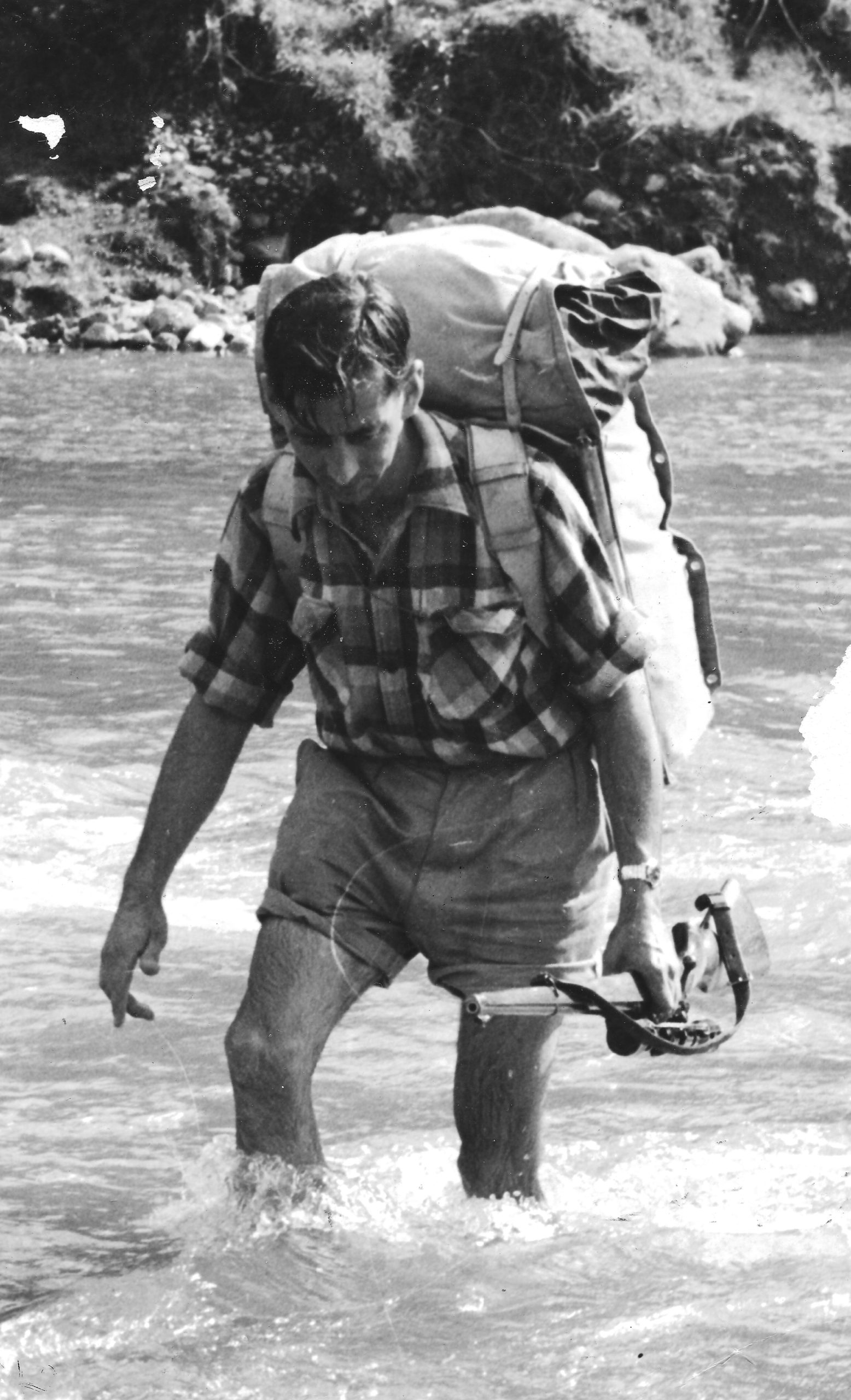by Tony Orman
Should a government dictate to the public or should the people tell the government what to do?
If you believe the government should be fearful of the wrath of the public and a subsequent backlash at election time, well you are out of step with political moods of the last few decades. Apathy is commonplace.
It’s plain to see.
The last two general elections saw a million New Zealanders not vote or were even too disinterested to register as voters. Those one million are selfish. They do not care about tomorrow and the legacy they leave to their children and grandchildren.
They are short-sighted because they only live for today and don’t give a toss about tomorrow. But it hasn’t always been an election beset with apathy.
The outdoor sector has massive political potential. Over a million New Zealanders are estimated to fish, hunt, shoot, tramp and enjoy the outdoors. A Horizon survey several years ago revealed fishing has five more participants than rugby.
Back in time, the 1972 New Zealand election – 43 years ago – was a landmark one for action. The National government wanted to destroy Lake Manapouri in the “people’s national park” to give cheap, heavily discounted power to a corporate foreign consortium at the Bluff Smelter. The people rose up in anger and formed “Save Manapouri.”
Trout Farming
Also the then government then wanted trout farming. Anglers rose up in wrath. Another issue emerged when the government did a deal with a rich American to sell public land in Te Anau’s Upukerora valley for a luxury lodge to exploit fishing and hunting and lock Kiwis out. The NZ Deerstalkers’ Association rose up in wrath.
The Labour Opposition was lobbied and the party adopted polices in favour of the people, i.e. no trout farming, no raising of Lake Manapouri and an end to selling public land to wealthy foreigners.
The 1972 election saw the National government dumped in favour of Norman Kirk’s Labour one. The new Prime Minister Norman Kirk significantly loved fishing and hunting and the outdoors. He had a strong empathy with the public’s views over the issues.
The newly elected Kirk Labour government banned trout farming, Manapouri was saved from drowning and the Upukerora deal collapsed.
Following the 1972 election, John B Henderson, president of the NZ Deerstalkers’ Association wrote an editorial entitled “Politics and the Environment”, in the organisation’s magazine.
Reflecting on the 1972 election, he wrote “And that is as it should be in an age of pressure groups, big business and overseas control – when our environment is under threat from plunder and when our traditional free and easy New Zealand way of life is under siege.”
Cause and Effect
Then John Henderson gave a strong message to those critics who responded by saying keep politics out of sport and the outdoors.
“To those naive souls who continue to bleat that conservation and politics don’t mix, we say that is precisely what those who pull the big strings want you to believe – you will continue to do so at your peril.”
“When a democratically elected government is given by its people, full control — then it must not be allowed to opt out of its responsibility for any aspect of the New Zealand we have all chosen to adopt.”
“If the system fails, it is because the government has failed. Politics and Environment are nothing more and nothing less than cause and effect.”
And this election, vote you must.
© John Henderson, crossing a Tararua Range river en route deerstalking about 1959

